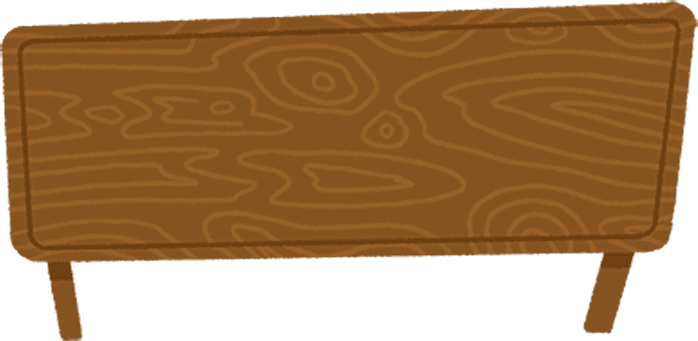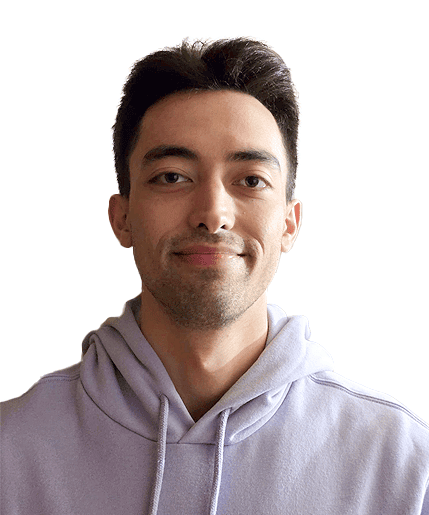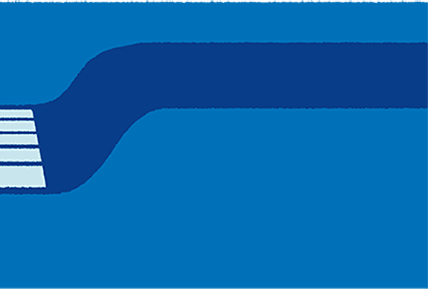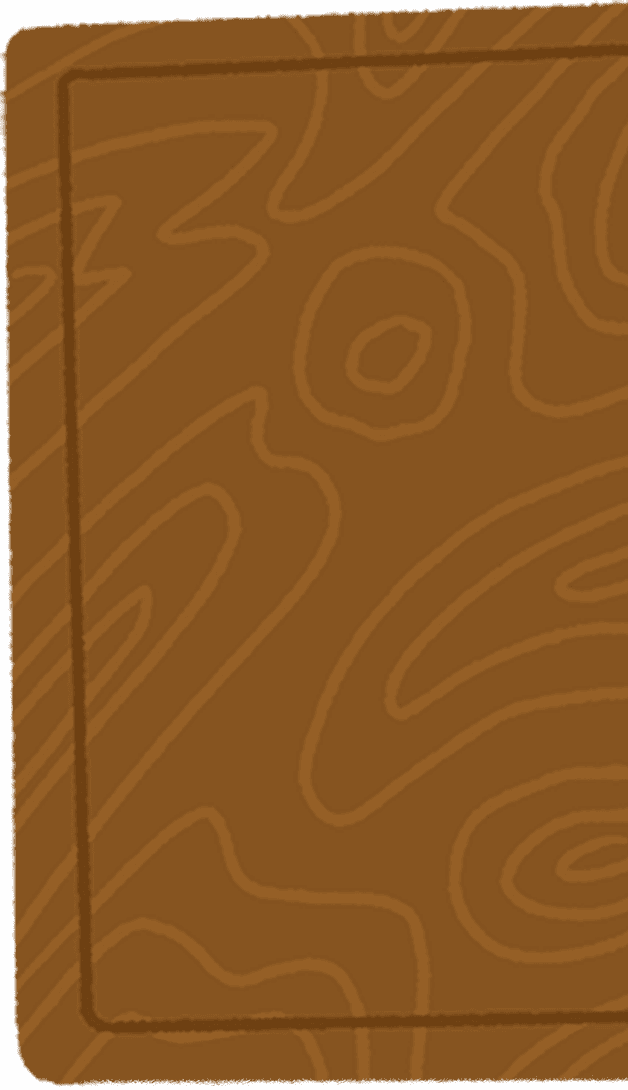

Adam
Purificati-Fuñe
Adam Purificati-Fuñe didn’t expect to learn to better appreciate his Filipino heritage from a support group for Nêhiyaw (Cree) men. As research for his graduate degree from the Faculty of Agricultural, Life & Environmental Sciences, he took part in a community-led program for Nêhiyaw fathers in Maskwacîs, a Central Alberta community of four First Nations. Called the Deadly Dads Support Society, its purpose was to support them as parents and to help them reconnect with traditional spiritual practices. “I'm not a father, and I'm not Nêhiyaw,” he says, “but I’ve used the skills I learned in Maskwacîs to start my own journey to reconnect with my culture and community.” The Deadly Dads group was born from a long-standing partnership between the local community and U of A researchers that honours Nêhiyaw ways of knowing. Guided by a community advisory committee including Elders and researchers, the group of fathers, uncles and grandfathers met regularly from August 2021 to January 2023 for sweat ceremonies, sharing circles, a family camp, a round dance and activities including bowling, golf, pool, paintball and firearm safety training. “We worked in partnership to implement a strategy for men to strengthen their traditional relationship, parenting and kinship roles. We also worked with the community to evaluate the impact of this strategy on family and community well-being.” “It really evolved with the input of people in the community,” explains Purificati-Fuñe, whose research was supported by a WCHRI Patient and Community Engagement Training award. “We worked in partnership to implement a strategy for men to strengthen their traditional relationship, parenting and kinship roles. We also worked with the community to evaluate the impact of this strategy on family and community well-being.” Participants reported feeling a stronger sense of belonging, connection to culture, motivation to better their lives and appreciation of the wisdom of Elders, notes Purificati-Fuñe. The most important outcome was the relationships that developed. The Deadly Dads is important for men’s mental health, and by extension, their families’, says Sonny Lightning, a Maskwacîs community member who continues to lead the group. “Adam was a big part of this group becoming a non-profit organization. We still get together, and we have an open-door policy. The people who show up want to be there for a good reason: to connect and to support each other.” In his thesis, Purificati-Fuñe said the knowledge to support healthy families already existed in Maskwacîs and Nêhiyaw culture, and his time with the Deadly Dads changed his perspective on the role of researchers. “I received a lot of encouragement to learn about my own history, to develop my own identity, and to love all parts of who I am, especially in ceremony and through the examples given by Mosoms (grandfathers), Kokoms (grandmothers) and many of the dads. I've never been in a space where people loved so deeply who they are, who their ancestors are, and who their next generation will be. “It is our responsibility as researchers, and as human beings, to look at ourselves, understand ourselves, and heal ourselves, rather than imposing our knowledge onto others, so we can be better partners in the pursuit of a good future for the generations coming after us.” Since 2006, WCHRI has supported more than 1,200 trainees through our graduate and summer studentships, postdoctoral fellowships, research presentations and travel grants, demonstrating our commitment to develop the next generation of researchers. Adam Purificati-Fuñe’s research was supervised by Rhonda Bell and Richard Oster and supported in part by the Stollery Children’s Hospital Foundation through the Women and Children’s Health Research Institute.






Did you know?

